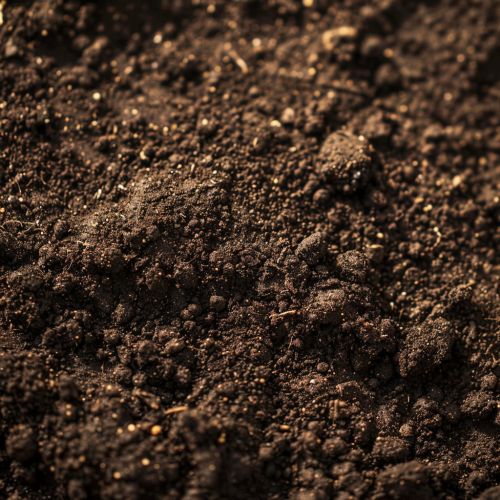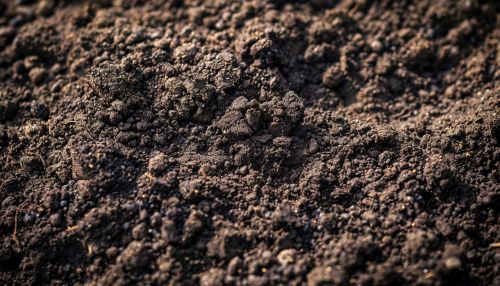Organic matter
Introduction
Organic matter refers to the large pool of carbon-based compounds found within natural and engineered, terrestrial and aquatic environments. It is matter composed of organic compounds that have come from the remains of organisms such as plants and animals and their waste products in the environment. The organic matter in soil derives from plants, animals and microorganisms. In a forest, for example, leaf litter and woody material falls to the forest floor. This is sometimes referred to as organic material.
Composition
Organic matter is characterized by its carbon-based compounds, ranging from simple molecules, such as methane (CH4), to large and complex molecules, such as proteins and DNA. The complexity of this material is a reflection of its diverse origins and the biochemical processes that have worked to synthesize and degrade the material.


Sources of Organic Matter
Organic matter originates from plants, animals, and microorganisms. When these organisms die, their bodies and waste products are added to the pool of organic matter. This process is known as organic matter input. The rate at which organic matter is added to the soil is influenced by a variety of factors, including the productivity of the plants in the area, the type of organisms present, and the environmental conditions.
Plant-Derived Organic Matter
Plants are the primary source of organic matter. They produce organic material through the process of photosynthesis, which combines carbon dioxide from the atmosphere with sunlight to produce organic compounds. These compounds are used to build plant structures, such as leaves, stems, and roots. When plants die, these structures decompose and contribute to the pool of organic matter in the soil.
Animal-Derived Organic Matter
Animals contribute to the organic matter pool through their waste products and when they die. Animal manure is a significant source of organic matter in agricultural systems. It is rich in nutrients and organic material, making it a valuable soil amendment. When animals die, their bodies decompose and contribute to the organic matter pool.
Microorganism-Derived Organic Matter
Microorganisms, including bacteria and fungi, play a critical role in the decomposition of organic matter. They break down complex organic compounds into simpler ones, a process known as mineralization. This process releases nutrients into the soil, which can be used by plants. Microorganisms also contribute to the organic matter pool when they die and decompose.
Role in the Environment
Organic matter plays a crucial role in the environment. It is a key component of soil, where it contributes to soil fertility, soil structure, and water holding capacity. Organic matter also plays a significant role in the global carbon cycle, acting as a sink for carbon dioxide, a greenhouse gas.
Soil Fertility
Organic matter contributes to soil fertility by providing nutrients for plant growth. As organic matter decomposes, it releases nutrients such as nitrogen, phosphorus, and potassium into the soil. These nutrients are essential for plant growth and development.
Soil Structure
Organic matter contributes to soil structure by binding soil particles together into aggregates. This improves the soil's ability to retain water and nutrients, and promotes root growth.
Water Holding Capacity
Organic matter improves the water holding capacity of soil. It acts like a sponge, absorbing water and releasing it slowly over time. This helps to prevent waterlogging and drought, making the soil more resilient to changes in weather conditions.
Carbon Sequestration
Organic matter plays a crucial role in the global carbon cycle. It acts as a sink for carbon dioxide, a greenhouse gas, helping to mitigate climate change. When organic matter is stored in the soil, it is known as soil organic carbon. This is the largest terrestrial pool of carbon and plays a critical role in global climate regulation.
Organic Matter Decomposition
The decomposition of organic matter is a complex process that involves both physical and biological processes. It is primarily carried out by microorganisms, which break down organic matter into simpler compounds. This process releases nutrients into the soil, which can be used by plants. The rate of decomposition is influenced by a variety of factors, including the type of organic matter, the environmental conditions, and the presence of decomposer organisms.
